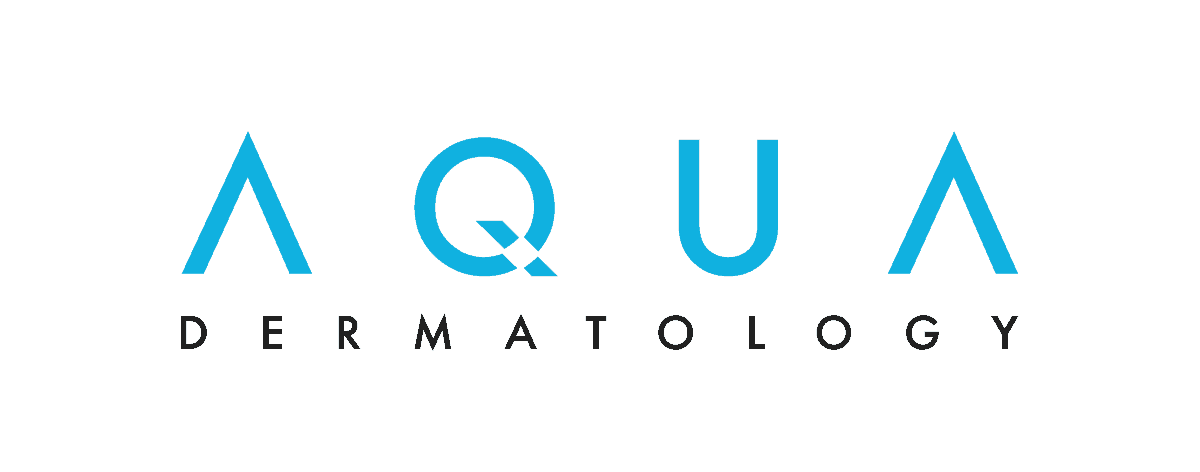Rosacea
Call (877) 900-3223
Rosacea
Medically reviewed by: Ted Schiff, MD
What is rosacea?
Rosacea symptoms
Types of rosacea
What causes rosacea?
Who gets rosacea?
Rosacea treatment
Rosacea self-care
What is rosacea?
Rosacea is an inflammatory skin condition that often begins with temporary facial redness, or “flushing.” Other rosacea symptoms may include visible blood vessels and acne-like breakouts. The rosacea rash most often affects the face, particularly the cheeks and nose, but it can also involve other areas such as the ears and chest.
Rosacea on the face can be embarrassing, even demoralizing. In a survey from the National Rosacea Society, 90% of patients said rosacea had lowered their self-esteem and self-confidence, and many people reported feeling frustrated, anxious, and depressed.
There is no cure for rosacea, but treatment can help prevent it from getting worse, ease the symptoms and reduce the frequency of flare-ups.
Rosacea symptoms
What does rosacea look like? Symptoms vary depending on what type of rosacea you have. Most types begin with facial redness that comes and goes. People may ignore it at first because they assume it’s temporary.
Women nearing menopause may notice increased sensitivity to cosmetics and skin-care products, which can be a symptom of rosacea.
Does rosacea itch? Ocular rosacea can make the eyes itchy, but other types of rosacea typically don’t cause itching.
Types of rosacea
There are four main types of rosacea, outlined below. Some people have more than one type.
Erythematotelangiectatic rosacea
Symptoms of erythematotelangiectatic rosacea include redness, burning or stinging, dry skin and visible, enlarged blood vessels (spider veins) just below the skin surface. The symptoms tend to flare and then vanish, though the redness may become more persistent, and sometimes permanent, when rosacea is untreated.
Papulopustular rosacea
This type is easily confused with acne because it causes acne-like breakouts of rosacea papules (swollen raised bumps) and rosacea pustules (raised bumps that contain pus). Patients may also experience redness, spider veins, stinging, burning, oiliness and hard patches of skin called plaques. Like acne, papulopustular rosacea tends to occur on the cheeks, nose, chin and forehead, but you may have symptoms on your scalp, neck or chest, too.
Ocular rosacea
This type of rosacea affects the eyes and the skin around them. Symptoms include redness near the eyelids, swelling at the base of the eyelashes, dry eyes, a gritty or burning feeling in the eyes, watery eyes and blurred vision. The eyes may look bloodshot.
Sometimes people with ocular rosacea go on to develop facial rosacea, or they develop facial rosacea first. More than half of rosacea patients develop eye symptoms.
Phymatous rosacea
Phymatous rosacea, sometimes called nose rosacea, causes redness, enlarged blood vessels, swelling and thickening of the skin. It usually affects the nose, making it bumpy and bulbous. Phymatous rosacea can also affect the chin, ears or forehead.
What causes rosacea?
The cause of rosacea is unknown. Because the condition runs in families, genes are thought to be involved. Other possible causes being explored include:
- Bacteria on the skin. It’s possible that Heliobacter pylori, the bacteria associated with gastrointestinal infections, could play a role in rosacea. So could an immune system overreaction to another microbe, bacillus oleronius.
- Demodex infection. These microscopic mites live on the skin, but some people with rosacea have many more of them, either as a cause of rosacea or an effect.
- Excess cathelicidin, a protein that normally fights microbes including bacteria. Too much of this protein can cause inflammation.
- An overactive immune system (in people with acne-like rosacea).
- Blocked glands in the eyelids (in people with ocular rosacea).
Rosacea triggers can cause flare-ups and worsen symptoms. Common ones are sun exposure, stress and alcohol.
Who gets rosacea?
Anyone can develop rosacea, but it’s most common in middle-aged and older adults and those with pale skin that flushes or blushes easily. It may be underdiagnosed in people with dark skin, which can hide redness. Except for phymatous rosacea, which is much more common in men, it’s more common in women, though it’s often more severe in men. Smoking is a risk factor for rosacea.
Rosacea treatment
Avoiding triggers, along with using prescription rosacea cream or other medication as directed, is an essential part of managing the condition.
The best rosacea treatment depends on the type of rosacea you have and whether it’s mild rosacea or more severe. Finding the right treatment or combination of treatments may take some trial and error. Keep in mind that medications take time to work, and you may not see significant improvement for up to two months.
Erythematotelangiectatic rosacea treatment
To treat redness and inflammation, doctors prescribe the topical drugs brimonidine and oxymetazoline. They work by narrowing spider veins. If they don’t help enough, laser treatment for rosacea can ease symptoms by destroying the visible blood vessels.
Papulopustular rosacea treatment
In papulopustular rosacea, redness can be treated with topical brimonidine and oxymetazoline. To treat rosacea pustules, your dermatologist might prescribe other topical drugs, including:
- Metronidazole, an antibiotic with anti-inflammatory effects
- Azelaic acid, a naturally occurring acid
- Ivermectin, an anti-parasitic that has anti-inflammatory effects and kills the Demodex mite
To treat severe rosacea, your dermatologist may add a low dose of an oral antibiotic, usually doxycycline, to limit redness and reduce blemishes.
Once papulopustular rosacea is under control, the doctor may prescribe oral isotretinoin to prevent relapses. It’s a retinoid that decreases sebum production.
Ocular rosacea treatment
When ocular rosacea causes inflammation of the eyelid, topical drugs may relieve it. They include metronidazole (an antibiotic with anti-inflammatory effects) and ivermectin (an anti-parasitic that also fights inflammation). If your eyes are dry, you might also be prescribed cyclosporine eye drops to increase tear production.
People with ocular rosacea may benefit from taking omega-3 fatty acid supplements to calm inflammation and ease dry eye symptoms. Applying warm compresses to the eyes can also help.
Phymatous rosacea treatment
Phymatous rosacea is often treated with oral isotretinoin (a retinoid that decreases sebum production) or laser surgery.
If you have an enlarged or disfigured nose (rhinophyma), treating it early with oral isotretinoin can prevent it from getting worse. If rhinophyma has progressed, your doctor may recommend reshaping your nose to make it less bulbous. Ways to do this include laser surgery, electrosurgery (cutting away excess tissue with an electric current) and dermabrasion, a procedure that uses a rapidly rotating tool to remove the top layer of skin.
Your doctor will decide which method is best for you based on the stage of the disease and the amount of inflammation.
Rosacea self-care
To reduce rosacea flare-ups and maximize the results of treatment, follow a good rosacea skin care routine. Above all, choose gentle, non-irritating skin care products.
Wash your skin with a mild, fragrance-free cleanser and apply it in circular motion with your fingertips. Don’t rub, scrub or exfoliate the skin. Lightly pat your face dry. Moisturize every day with a gentle moisturizer designed for your skin type to improve skin health and reduce irritation, burning and stinging.
Because sunlight is a rosacea trigger, practice good sun protection. That includes using a non-irritating, broad-spectrum sunscreen with SPF of 30 or higher every day. Look for mineral sunscreens, which contain zinc oxide and/or titanium dioxide and tend to be less irritating than chemicals sunscreens can be.
Good rosacea self-care also includes avoiding your triggers when possible. Rosacea triggers are different for each person and may include:
- Stress
- Excessive heat
- Sunlight
- Alcohol
- Hot drinks
- Spicy foods
- Certain ingredients in skin and hair care products, such as menthol, camphor and sodium lauryl sulfate
- Medications that dilate the blood vessels
Ready to make an appointment? Schedule one today at one of our Florida locations.





